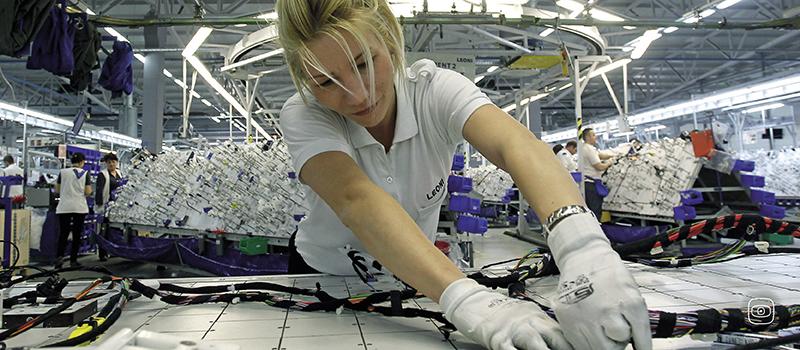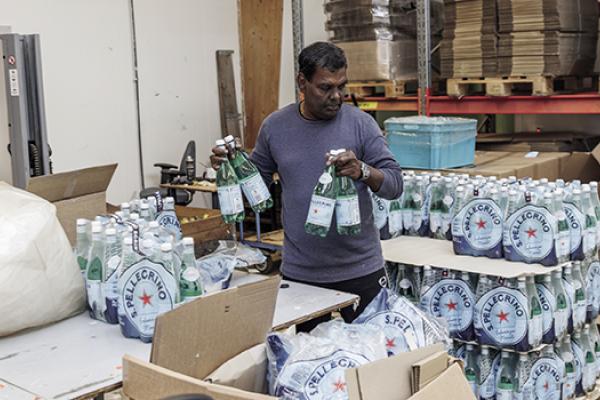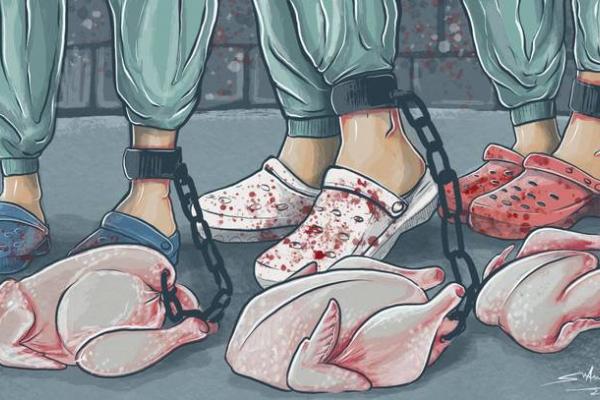This investigation goes behind the scenes at factories in Serbia, a Balkan country caught up in a 'race to the bottom' for foreign investment in which German companies play a major role. The team of investigative journalists interviewed workers, experts, company representatives and insiders, and sifted through a mountain of documents and reports to uncover how workers are treated as they produce cables and tyres for BMW, Mercedes and Volkswagen.
Many of these workers endure long hours for minimal pay and face harsh treatment from their supervisors. Most are too afraid to unionise. Some have even filed complaints with German companies, as outlined in the Supply Chain Act.
But can these complaints make a difference? Or is the Act just a fig leaf covering up a system in which workers' rights are systematically violated on the periphery so that the centre can profit from cheap labour?
Photo: © Jelena Đukić-Pejić






